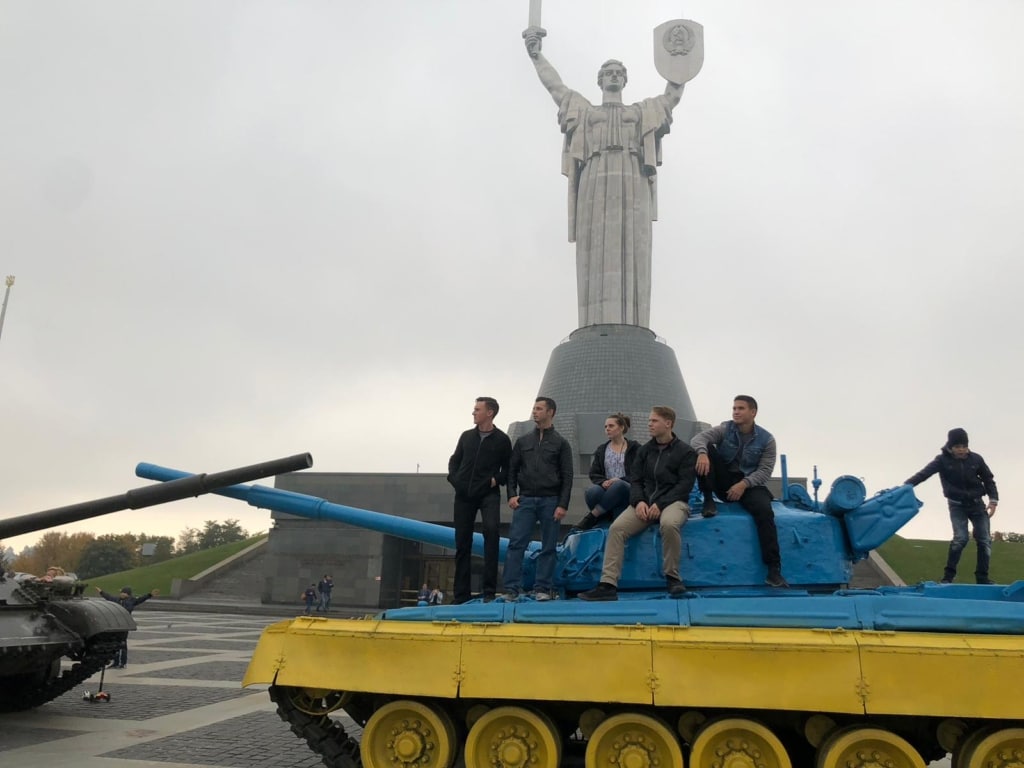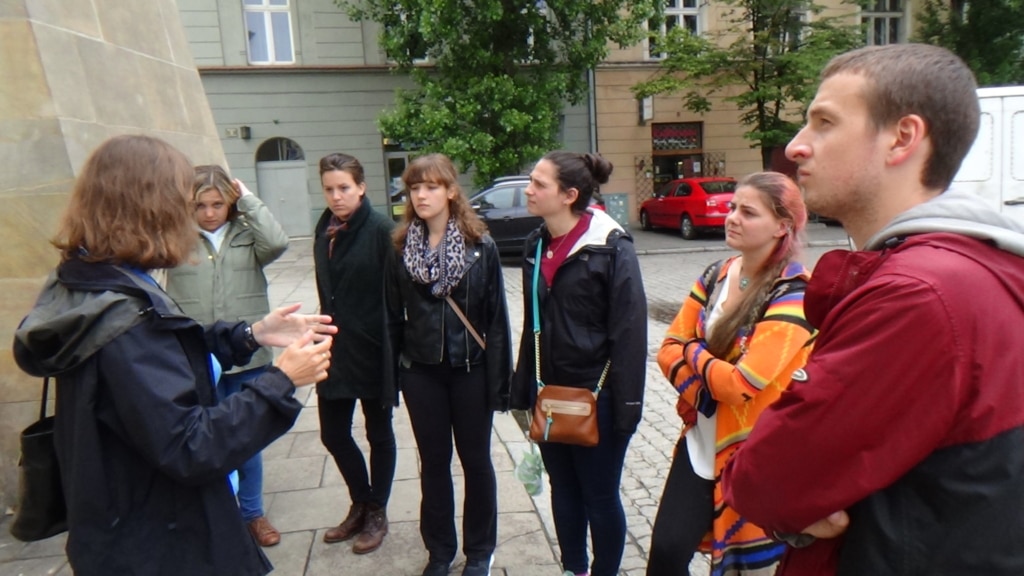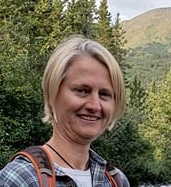Russia & CEE: Winds of Change is an exciting guided study abroad program that will look at the rise and fall of the USSR and the Iron Curtain. You will come to understand the history behind these events and thier lasting effects from inside the countries in which they took place. This study abroad program will take us through four countries:
-
Russia (St. Petersburg and Moscow)
-
Poland (Gdansk and Warsaw)
-
Germany (Berlin)
-
Ukraine (Kyiv)
We will explore history starting from pre-revolutionary Russia, and continue through the Russian Revolution, WWII and the rise of the USSR. We will learn about daily life behind the Iron Curtain and the Cold War and come to understand the complex reasons why “winds of change” began to blow.
Spend 4-6 days per country with a very active study abroad experience with us! Our objective is to gain an understanding of the socio-economic forces at play in the last decades of communism, how change unfolded in each country, and what the short and long-term effects have been. We will hear from local experts. We will meet with locals – those whose formative years spanned this period of change and others who are students now. We will cover the “must see” highlights in each of our destination cities and go even deeper – to give you a sense of what life was like then and is like now.

Study Abroad to See History
The years 1989-1991 saw incredible change in Central and Eastern Europe. In Poland, Solidarity (Solidarność) reemerged as an opposition movement to participate in free elections, ultimately leading to the fall of communism in Poland in August 1989. During that same month, the Moscow Music Peace Festival took place at the Central Lenin Stadium (now Luzhniki Stadium). It was here that The Scorpions were inspired to write “Wind of Change” – a song that would become one of the best selling singles of all time, and almost an anthem for the period.
The Berlin Wall fell in November, 1989 – with subsequent reunification of Germany in 1990. Similar revolutions took place across the region. December 1991 will mark 30 years to the date that the Soviet flag was lowered for the last time over the Kremlin, signaling the collapse of the USSR. Putin has referred to this historical event as the “greatest geopolitical catastrophe” of the 20th century because of the widespread economic, political, and demographic turmoil that followed in many countries. Some countries, like Poland, recovered relatively quickly. Others, like Russia, took much longer. All, however, are still feeling the effects in some way, including within the modern culture and identity development of these countries.

Travel and Learn Abroad with an Expert
Dr. Martin Blackwell, Visiting Professor of History at Stetson University (Florida, USA) will lead this trip. Dr. Blackwell spent nearly a decade living and working in cities of the former USSR and is currently writing a book about the beginnings of the collapse of communism. This program is open to Stetson and non-Stetson students alike and will earn you four credits from Stetson. The podcast below with Dr. Blackwell and Dr. Fowler and Dr. Denner of Stetson University explores the objectives of the program. Note that some of the application details discussed are specific to Stetson students.
The Winds of Change is a powerful and important story, one not just for the history books, but for understanding what ultimately drives change on a large scale.


